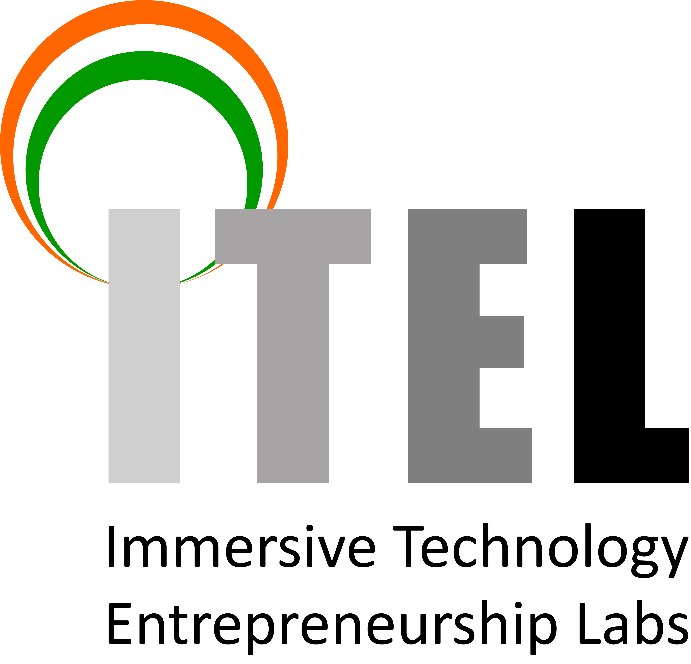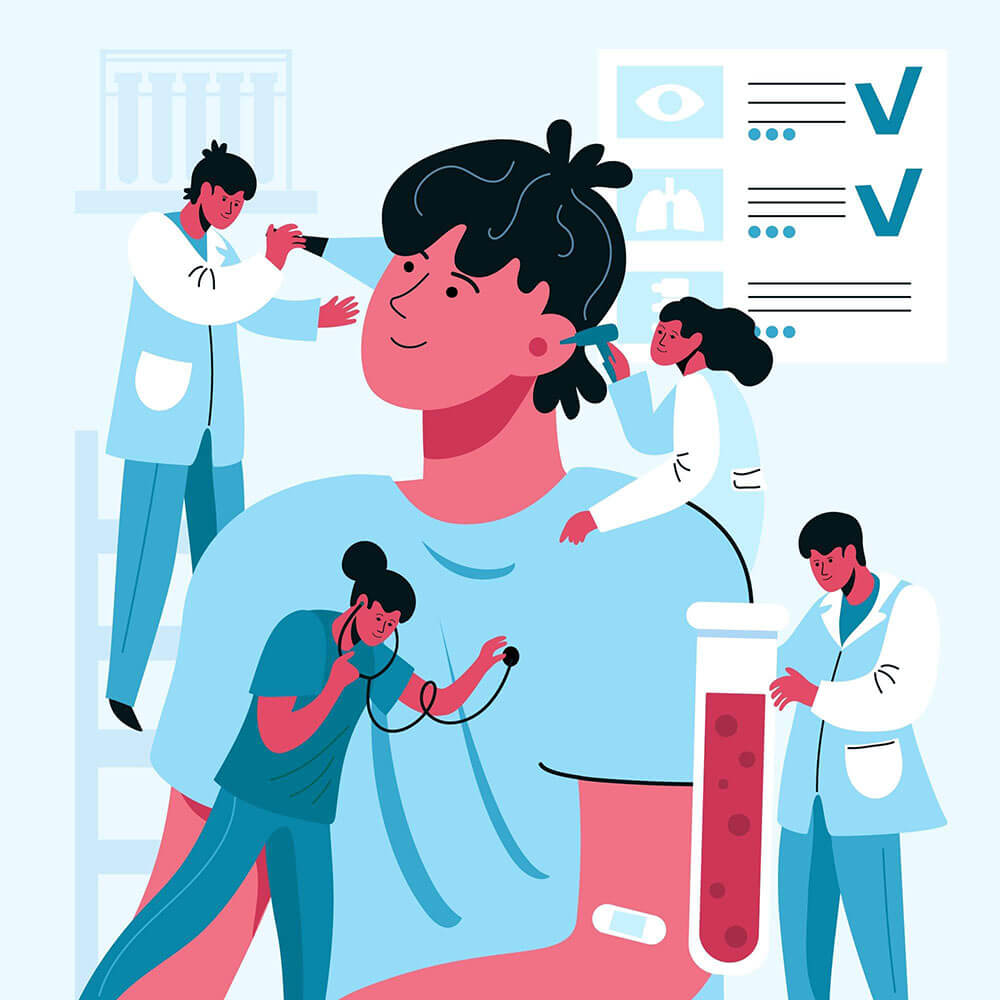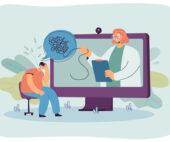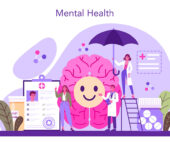The assessment of a disease or disorder is a complex process where human clinicians play a crucial role in understanding an individual’s health. They start by talking to patients to learn about their medical history, when symptoms began, and any contributing factors. This helps form an initial understanding of the situation. Physical examinations come next, allowing clinicians to observe symptoms and signs directly, providing a hands-on evaluation.
Alongside interviews and exams, clinicians use various tests like blood tests or imaging studies for more data. Test results help confirm or adjust initial impressions from the patient’s history and physical exam. Bringing all this information together is a vital part of human assessment. Clinicians use their knowledge to consider different diagnoses and eliminate other possibilities, requiring critical thinking and clinical judgment.
The human touch is essential in assessments. Clinicians have ongoing discussions with patients, answering questions and involving them in healthcare decisions. This personal interaction deepens understanding and promotes collaboration in treatment plans. Ethical considerations and cultural competence are crucial, guiding clinicians to respect patient autonomy and tailor assessments to diverse cultural backgrounds.
In summary, human assessment is a comprehensive process involving patient interviews, physical exams, diagnostic tests, clinical expertise, and interpersonal skills. This approach allows clinicians to create a full picture of an individual’s health, ensuring accurate diagnoses and patient-centered care. While technology and artificial intelligence offer valuable tools, the human touch remains irreplaceable in providing compassionate and individualized healthcare.





